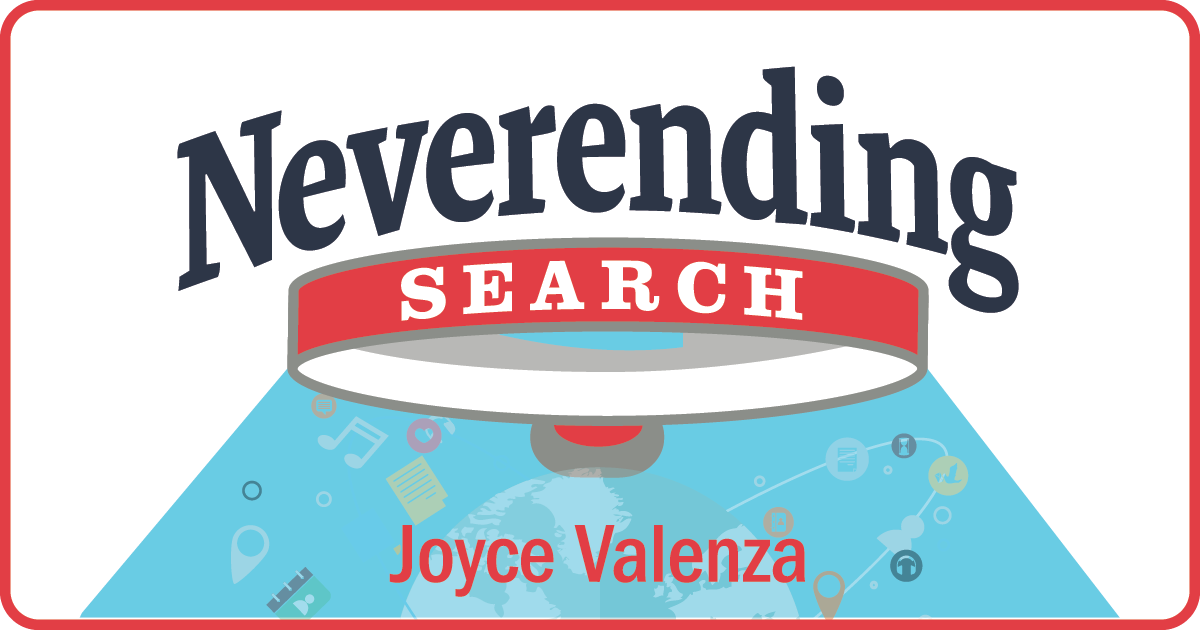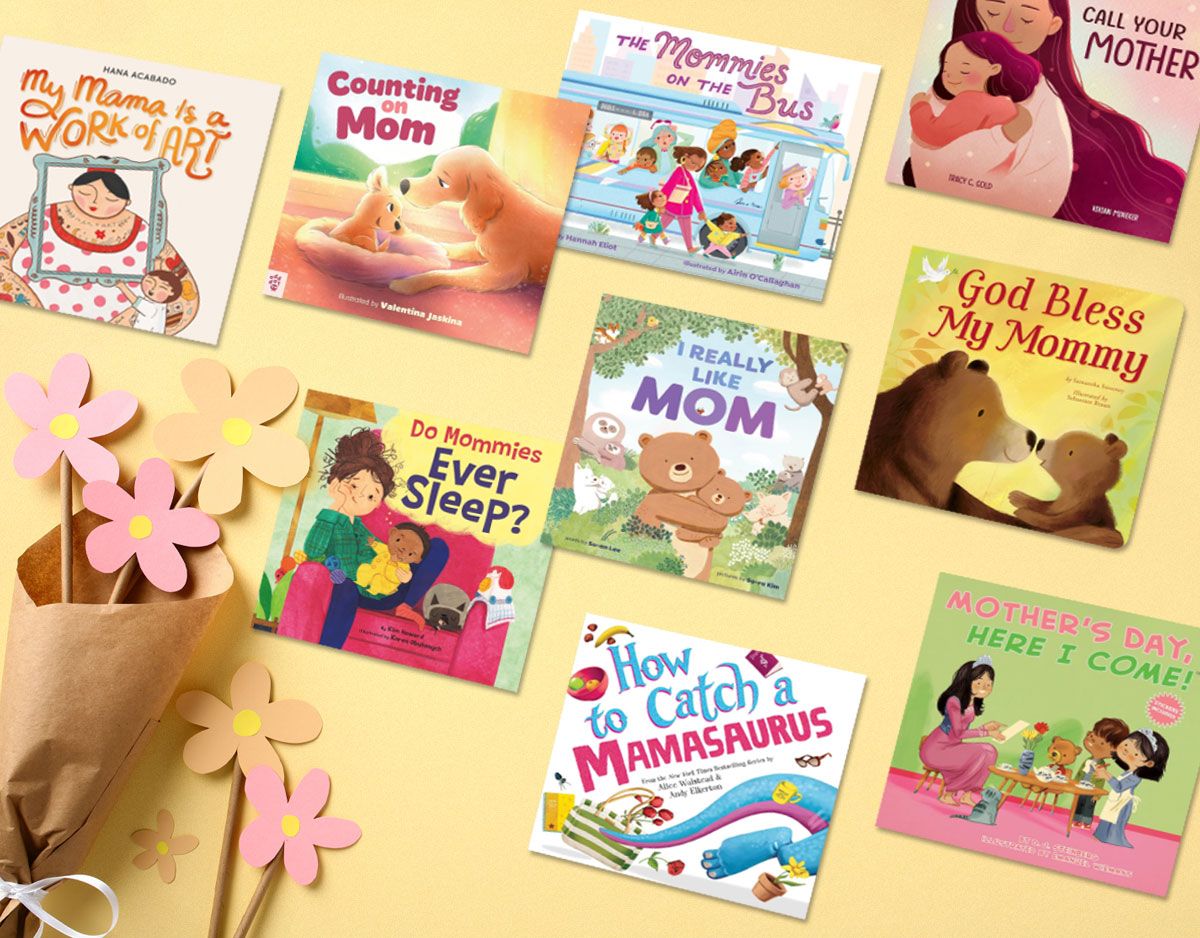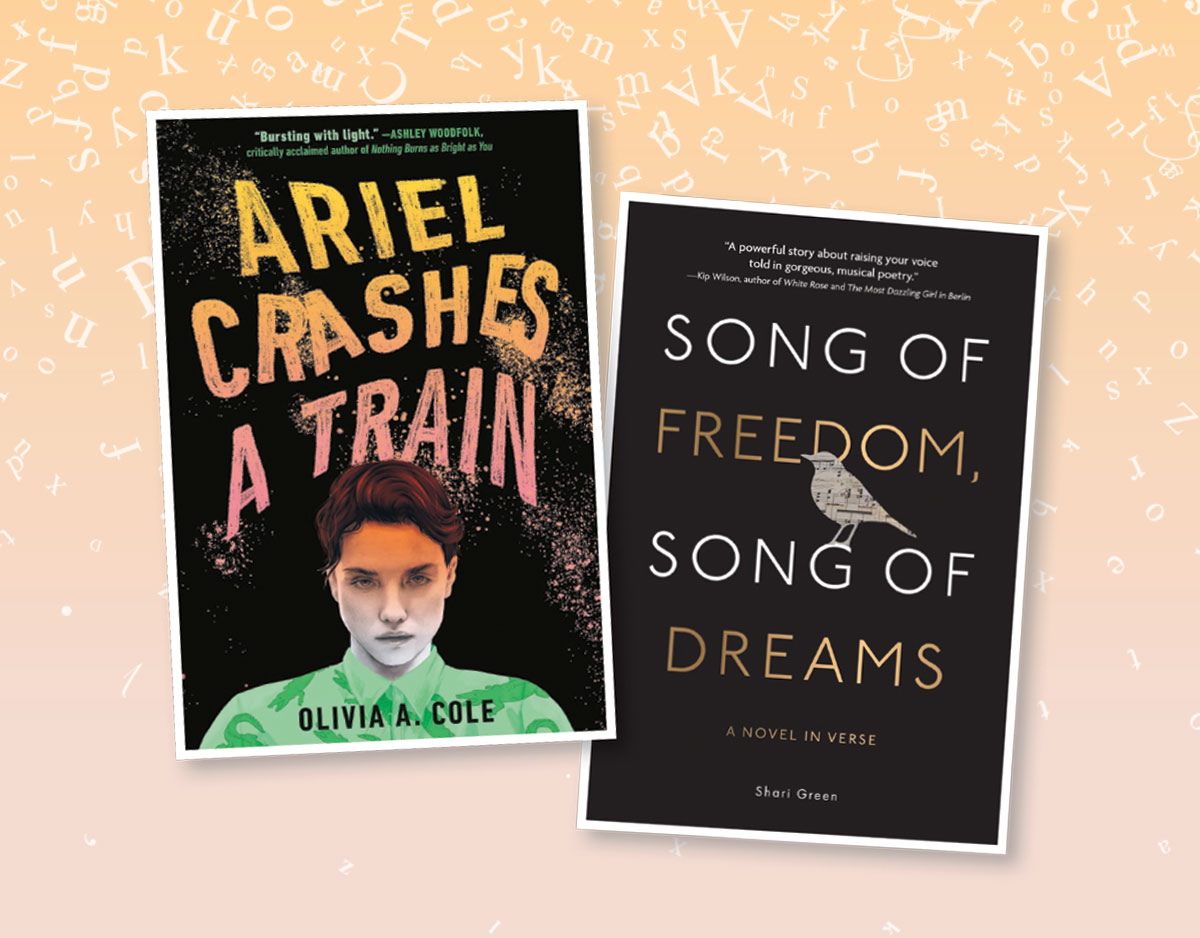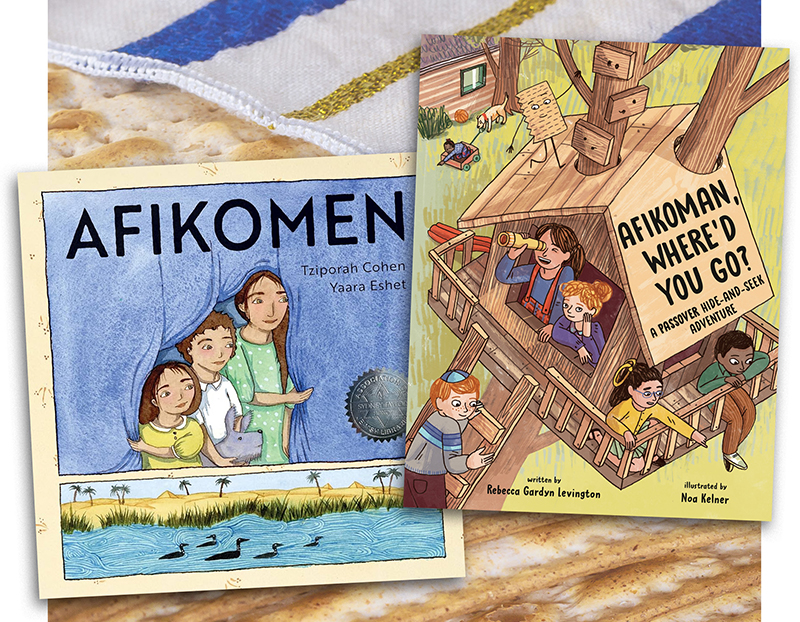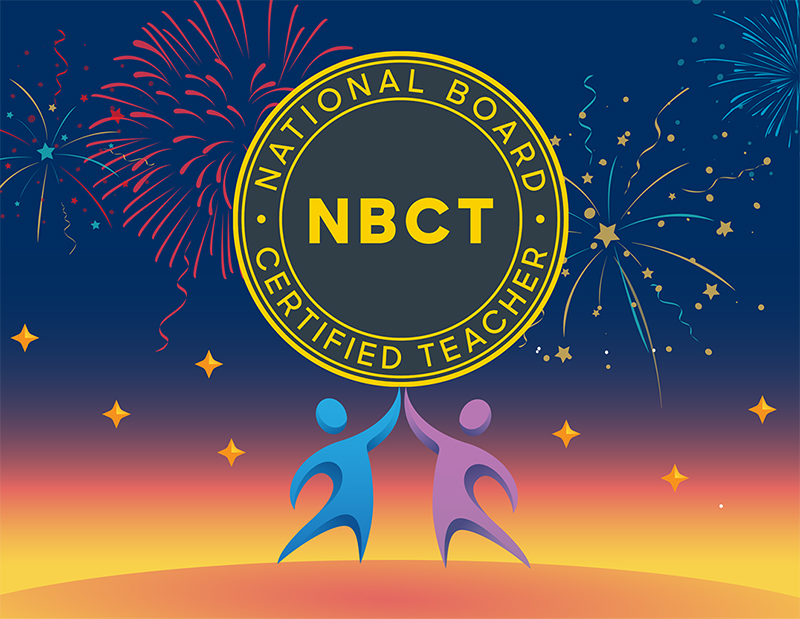SCROLL DOWN TO READ THE POST
A letter of support
It’s hard to make sense of the current climate for school libraries. In some areas, school districts recognize our value and are struggling to find the best qualified, well-prepared professionals to fill multiple positions. I get letters and see postings seeking excellent candidates nearly every day. In other areas, library programs are being cut because some tight budgets favor more pressing priorities.
A couple of weeks back, I was asked to add my voice in support of a program under threat.
As this year’s School Library Month draws to an end, I thought it might help similar efforts if I shared this recent letter.
April 29, 2016
To Whom It May Concern:
In so many ways, school librarians are the best bargain in a school district. We provide school-wide ROI. We provide access. We provide equity. Our mission is to transform teaching and learning. We continue to evolve and lead as the tools of the information and communication landscapes emerge and evolve.
ADVERTISEMENT
ADVERTISEMENT
An antidote to the frequently narrowed curricula we see in modern school culture, school librarians introduce young people to a rich world of books and literature, options they can select themselves. We lead in building a school’s reading culture, acknowledging whatever containers stories may take.
School librarians scout and evaluate emerging technologies and introduce them to the entire learning culture, often leading a school’s professional development efforts.
In the largest classrooms in our schools, we work with teachers to develop both traditional and emerging literacies. With our classroom teacher partners, we build instruction; we build projects and assessments that focus on creativity and knowledge building using the information tools and strategies of our time.
School librarians build collections to support formal and informal learning across grade levels and disciplines, curating tools for information discovery, organization, synthesis and creative communication. These new collections support new literacies and leverage the new bounty of open educational resources (OER) supported by the White House’s #GoOpen initiative, as well as streamed media, and software for creating and sharing powerful, effectively, ethically produced digital stories. These new collections also involve developing connections and opening our libraries to web-based experiences with experts and authors and classrooms that live outside the walls of our schools.
School librarians curate collections of quality content, as well as the tools learners need to effectively and ethically create and tell their stories. They also ensure ROI on purchased curricular content and the wealth of curricular resources invested in by our states. Without this access, students ignore thousands of dollars of content their parents’ tax dollars support. Without physical and intellectual access to these resources, students will not be prepared for the similar high quality academic content they will encounter at the university.
We curate new forms of digital texts. When schools introduce their 1:1, BYOD, Chromebook or iPad roll-outs, it is the librarian who is best positioned to ensure that quality resources and apps are curated on those screens.
School librarians encourage learners to explore their interests and to ask meaningful questions. Through our makerspaces, we engage learners in creative, collaborative STEAM activities, coding, problem solving and in the larger design thinking process, that research tells us is highly valued in the workplace.
We guide learners in inquiry. We ensure that when they ask questions, they exploit rich search toolkits that include high quality databases and ebooks and that they can evaluate sources that include blogs and tweets and magazines and newspapers and wikis, as well as scholarly journals and primary sources and media of all sorts.
As it continues to shift, school librarians teach and model strategies for digital workflow. Through their websites and guides, school libraries organize the information worlds of their schools.
We guide our communities in understanding information ethics. We teach about the growing Creative Commons movement and how to attribute Creative Commons licenses to students’ own work We know the rights and the limits of Fair Use. We guide learners in understanding how to attribute credit, how to cite, how and when to quote regardless of the format of the product.
ADVERTISEMENT
ADVERTISEMENT
Teacher librarians are often the only professionals in the building who address the development of proud digital citizens and leaders. We teach learners to be kind bloggers and tweeters and networkers, to understand their digital footprints, to build academic digital footprints and to respect the intellectual property of others when they remix and engage in new forms of communication and storytelling. We move learners from digital citizenship to digital leadership–to participation, ethics, agency
Library is not merely a place to get stuff. It is a place to invent, to create, to make stuff, to collaborate on stuff, and to share stuff. It is more kitchen that grocery store–more transformational than transactional.
We know and support the whole child, his/her interests and needs that reach beyond solving for X. We offer safe haven when school is a hard place to be.
School librarians ensure that our kids become information and media literate citizens. School libraries are vibrant, central elements of a school’s learning culture.
While research shows correlation between school library programs and student achievement, well beyond the kind of intellectual activity measured on high stakes tests, school librarians guide students in building knowledge from the information they gather, analyze and synthesize. We help learners use information to solve problems and make decisions and communicate and collaborate using the tools of their time. We help them become writers and producers and storytellers and networkers and sharers of new knowledge. We help learners discover that what they create should have meaning and audience. That it should make a difference.
School libraries ensure learners have the tools they need to learn, create, think, and share. School librarians ensure that all students have equitable access to these tools. Access to these tools is an intellectual freedom issue. Every child deserves a robust school library program led by a professional, credentialed school librarian.
Sincerely,
Joyce Kasman Valenza, Ph.D.
Assistant Professor of Teaching, Rutgers University, SC&I
skype: joycevalenza
twitter: @joycevalenza
NeverEndingSearch (School Library Journal)
Filed under: advocacy, school librarians, school libraries
About Joyce Valenza
Joyce is an Assistant Professor of Teaching at Rutgers University School of Information and Communication, a technology writer, speaker, blogger and learner. Follow her on Twitter: @joycevalenza
ADVERTISEMENT
SLJ Blog Network
Name That LEGO Book Cover! (#53)
Cover Reveal and Q&A: The One and Only Googoosh with Azadeh Westergaard
K is in Trouble | Review
Take Five: Middle Grade Anthologies and Short Story Collections
The Classroom Bookshelf is Moving
ADVERTISEMENT
ADVERTISEMENT

